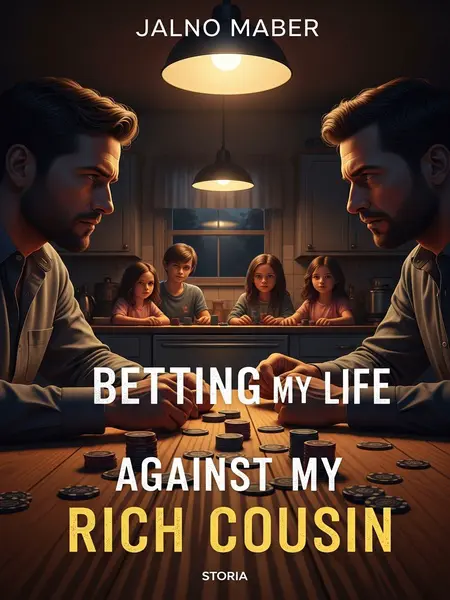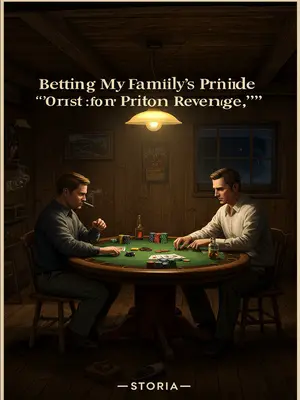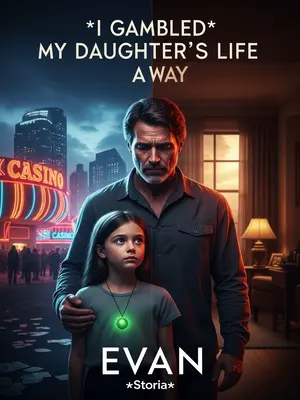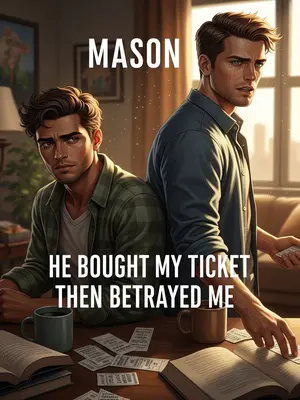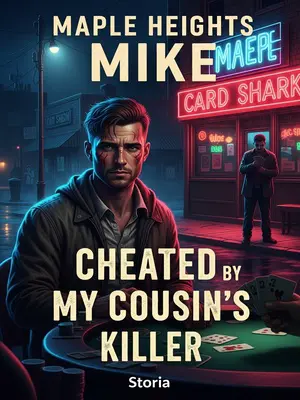Chapter 3: Breaking Point
Jason’s face darkened.
He couldn’t stand being called out, especially in front of the family. The old hierarchy was crumbling, and he didn’t know how to stop it.
I’d never offended him, but just now at dinner, just because I didn’t make as much as he did, he’d mocked me for being timid, for not taking risks, unlike him—the ‘big shot’ now.
His comments still rang in my ears. He’d leaned back at the dinner table, talking about his crypto investments and side hustles, throwing shade at anyone who still worked a regular nine-to-five. It stung, but I held my tongue then. Not now.
Halfway through his speech, my dad had handed him a cigarette and kindly lit it for him, but Jason didn’t even bother to cup his hand around the flame—a sign of disrespect in our small-town Ohio family.
It’s a small-town thing—when someone lights your cigarette, you cup your hand out of respect. Jason didn’t, and everyone noticed. Even my little cousin Noah knew to shield a flame when an elder offered a light. Jason’s indifference was like a slap in the face.
There was a hush around the table as people remembered the moment. My dad’s hand had lingered in the air, waiting for Jason to at least acknowledge the courtesy. He didn’t. Even the old-timers who never said a word about manners were quietly seething.
Everyone watched nervously, waiting to see if Jason would show his cards. He took a deep breath, then suddenly said, “If we’re playing, let’s play big. That’s what makes it fun for me.”
He tapped his foot and drummed his fingers before flipping his cards face down and covering them with a chipped plate from Grandma’s wedding set. He stood and stalked out, boots stomping on the porch boards.
We sat there, the door creaking on its hinges, the sound of his car trunk popping open echoing through the silence. Someone’s mug of Folgers sloshed onto the laminate table, the smell of burnt coffee mixing with panic. Someone muttered, “This is insane.”
We watched as he went to his BMW’s trunk and came back with a small wooden box. He set it on the table and opened it. It was full of cash.
The sight was surreal—a literal box of crisp bills, like something out of a movie or a drug bust. He dumped it in the center of the table, daring anyone to question his bravado.
Jason declared arrogantly, “Thirty grand. Do you dare to match it?”
His grin was back, smug and showy. The amount made my head spin. Thirty grand was more than most of us made in a year. The tension in the room doubled.
Our commotion had already drawn the attention of the older folks.
Aunt Jo poked her head in from the den, knitting needles paused in midair. My little cousin hovered by the doorway, eyes wide with awe and fear. Even Grandma, usually glued to her soaps, turned down the TV to listen.
My uncle saw Jason’s move and got anxious, quickly saying, “Are you nuts? That’s your New Year’s bonus!”
He dropped his domino tiles and leaned across the table, voice rising above the chaos. You could tell he’d seen this kind of recklessness before, but never at his own kitchen table.
Jason just grinned, unfazed. “It’s fine. I can afford it. Let’s see if little bro can keep up.”
He flicked his thumb along the edge of a bill, as if it was no big deal. There was a wild light in his eyes, the kind that only comes out when someone thinks they can’t lose.
I immediately saw through his plan.
He was baiting me, hoping I’d fold under the pressure. The game wasn’t about cards anymore—it was about who would crack first.
It’s like poker’s wild cousin—three cards, no limits, and the guts to stare someone down until they crack. In Three Card Brag (the poker game we were playing), there’s usually a cap to keep bets from getting out of hand. But from the start, Jason insisted there shouldn’t be a cap—he wanted to keep raising the stakes until I couldn’t keep up and lost everything.
We’d all tried to set a friendly limit earlier, but Jason waved it off, saying, “Let’s play like real men.” Now I saw why.
